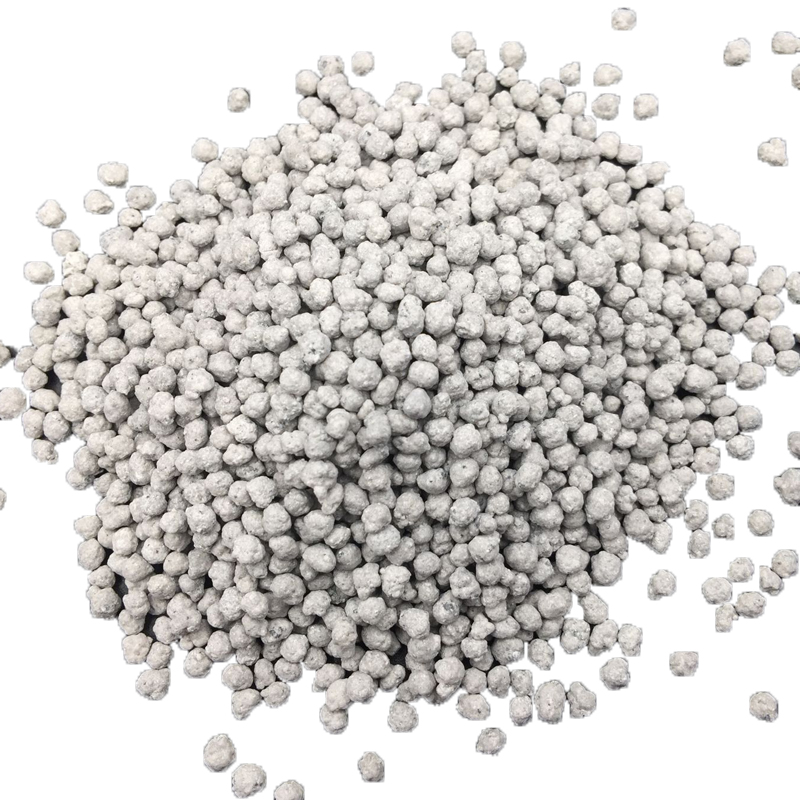
Th12 . 12, 2024 10:35 Back to list
commercial nitrogen fertilizer
The Importance of Commercial Nitrogen Fertilizers in Agriculture
Agriculture plays a critical role in sustaining global food production, and nitrogen fertilizers are a key component of this system. Commercial nitrogen fertilizers are synthetic products designed to provide essential nutrients necessary for the growth of crops. They have revolutionized agricultural practices, enabling farmers to enhance crop yields and ensure food security. This article explores the significance, types, benefits, and environmental considerations related to commercial nitrogen fertilizers.
The Role of Nitrogen in Plant Growth
Nitrogen is one of the three primary macronutrients required by plants, alongside phosphorus and potassium. It is an essential element of amino acids, proteins, nucleic acids, and chlorophyll. Without adequate nitrogen, plants exhibit stunted growth, yellowing leaves (chlorosis), and poor overall health. Commercial nitrogen fertilizers are often applied to soils to rectify nitrogen deficiencies, ensuring optimal growth and productivity.
Types of Commercial Nitrogen Fertilizers
There are several types of commercial nitrogen fertilizers available, each with distinct properties and methods of application. The most common forms include
1. Urea Containing around 46% nitrogen, urea is one of the most widely used nitrogen fertilizers. It is versatile and can be applied directly to the soil or through foliar spraying.
2. Ammonium Nitrate With a nitrogen content of approximately 34%, ammonium nitrate is highly soluble and provides both nitrate and ammonium forms of nitrogen, making it readily available for plant uptake.
3. Calcium Nitrate This fertilizer combines both calcium and nitrogen, providing essential nutrients that improve soil structure and enhance plant health.
The choice of nitrogen fertilizer often depends on factors such as crop type, soil conditions, and the specific requirements of the plants being cultivated.
commercial nitrogen fertilizer

Benefits of Commercial Nitrogen Fertilizers
The application of commercial nitrogen fertilizers brings numerous benefits to agriculture
- Increased Crop Yields Farmers can achieve significant increases in crop production, which is essential for feeding a growing global population. The ability to boost yields sustainably is crucial for food security.
- Enhanced Nutritional Quality By providing necessary nutrients, nitrogen fertilizers can improve the nutritional quality of crops, contributing to better health outcomes for consumers.
- Economic Benefits Higher yields translate to increased incomes for farmers, promoting rural development and enhancing food supply chains.
- Adaptation to Climate Challenges As climate change impacts agriculture, nitrogen fertilizers can assist in adapting farming practices to maintain productivity in less-than-ideal growing conditions.
Environmental Considerations
While commercial nitrogen fertilizers offer substantial benefits, their use raises some environmental concerns. Excess nitrogen in the soil can lead to runoff into waterways, causing eutrophication, which results in harmful algal blooms and dead zones. Additionally, nitrous oxide, a potent greenhouse gas, can be released into the atmosphere through the application of nitrogen fertilizers.
To mitigate these issues, farmers are encouraged to adopt best management practices, such as precision farming, proper timing of fertilizer application, and the use of cover crops. These approaches can optimize nitrogen use efficiency, reduce environmental impact, and promote sustainable agricultural practices.
Conclusion
Commercial nitrogen fertilizers are indispensable tools in modern agriculture, playing a vital role in enhancing crop yields and ensuring food security. Despite potential environmental challenges, their benefits cannot be overlooked. Through responsible use and innovative farming practices, the agricultural sector can continue to leverage commercial nitrogen fertilizers for sustainable growth while minimizing adverse environmental impacts. As global demand for food rises, the role of these fertilizers will become even more critical in addressing the challenges of feeding the world.
-
Organic Manure Compost: GPT-4 Turbo Enhanced Fertilizer
NewsAug.03,2025
-
10-10-10 Organic Fertilizer - Balanced NPK Formula
NewsAug.02,2025
-
Premium Organic Manure Compost for Eco Gardens
NewsAug.01,2025
-
Organic 10-10-10 Fertilizer | Balanced Plant Nutrients
NewsJul.31,2025
-
Premium Amino Acid Fertilizer | Rapid Plant Growth Booster
NewsJul.31,2025
-
10 10 10 Fertilizer Organic—Balanced NPK for All Plants
NewsJul.30,2025
